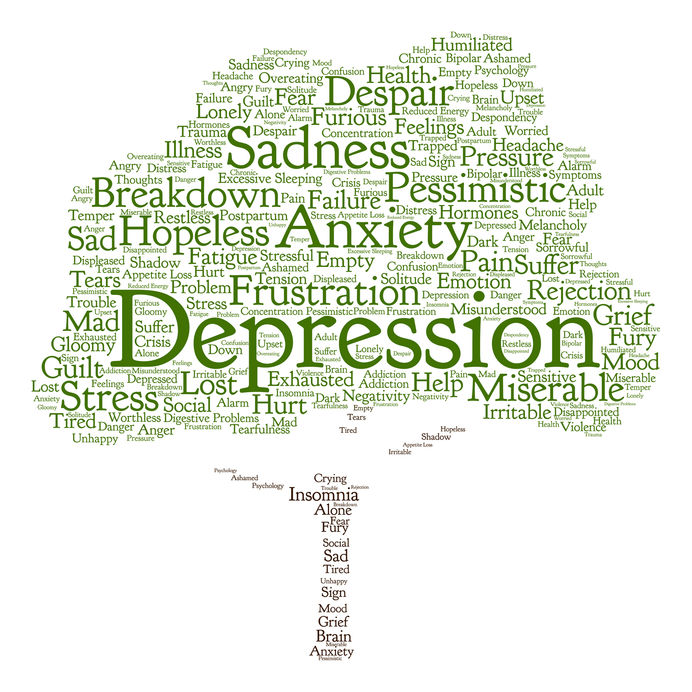Oh Those Pesky Feelings
July 19, 2014Thera-tees and Change
August 3, 2014A lie is a statement, believed by the liar to be false, made to another person with the intention that the person be deceived by the statement.
Problems such as impulsivity, an apparent inability to link consequences with behavior, inattentiveness, addictions and discomfort with social situations may be at the heart of lying.
Fundamental reasons people lie compulsively include:
- Fear. Fear is a common motivator for lying. First, one lies out of fear because the person knows he/she has done something wrong. Second, one may lie for fear of the other person’s temperament.
- Habit. Lying can also become a habit formed through constant practice. In a sense it becomes a “lie by reflex”, and when confronted will insist it is the truth. Habitual lying is often strengthened by hostile confrontation.
- Modeling. Lying is a commonplace behavior and we are subject to lies all the time. One learns to lie by experiencing others lie. Early in life one does not appreciate the “nuance of lies”. Telling the truth needs to become a priority.
- Over-prediction. One lies when they over-predict a reaction. “I knew this would happen, so I lied.” In order to stop this behavior one must set solid, consistent boundaries while establishing communication which allows for negotiation.
A lie is advantageous only in circumstances where people will believe it—only where a practice of truth-telling generally prevails. Such a practice prevails only when most people are doing their part to support it—that is, when most people are telling the truth. The liar, then, wants to be a free rider. The liar wants others to do their part to maintain a system of truth telling without investing the reciprocal sacrifice of supporting it.
Lies accomplish deception. Moralist have never claimed all deception is wrong, but some have claimed all lying is wrong—and even if we disagree with their claims, we can feel its force.
“The essence of lying is in deception, not in words.” – John Ruskin

